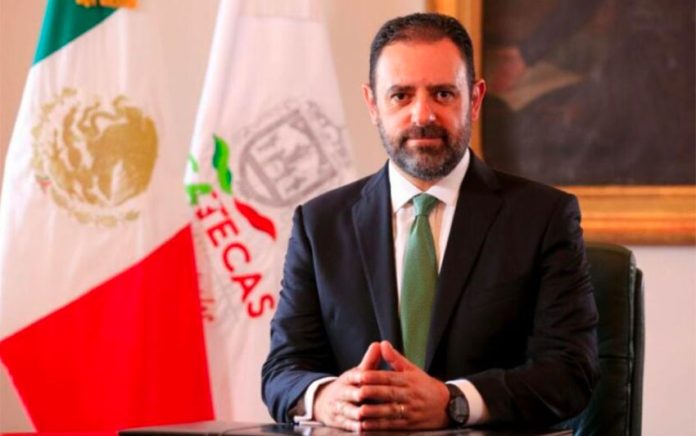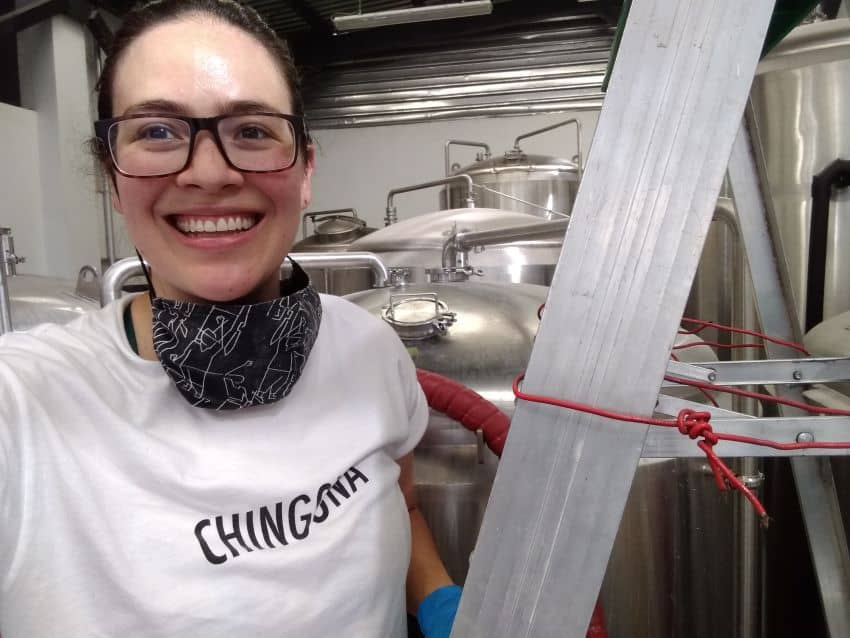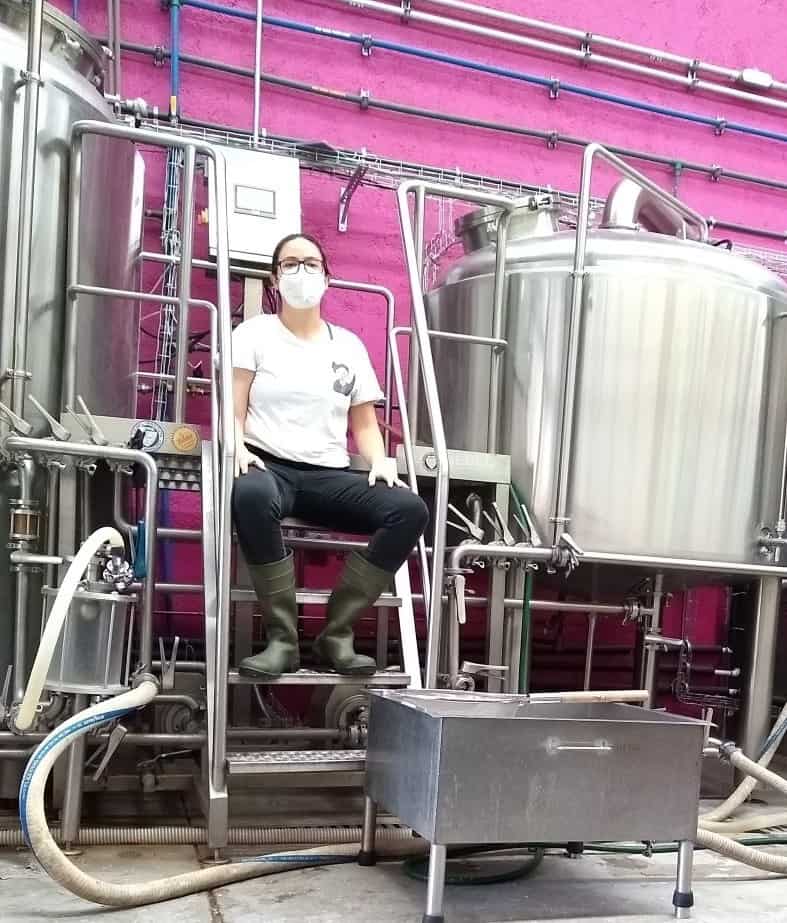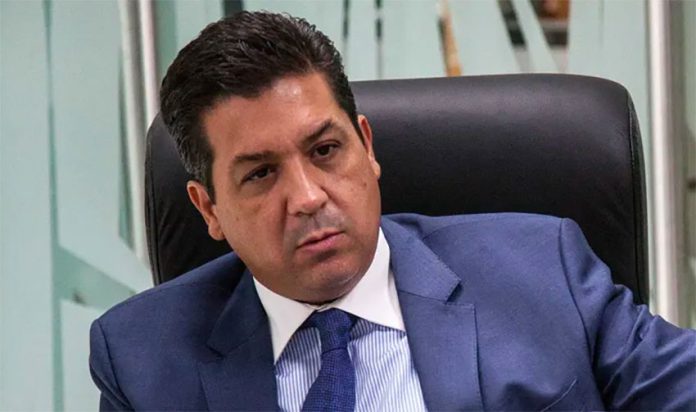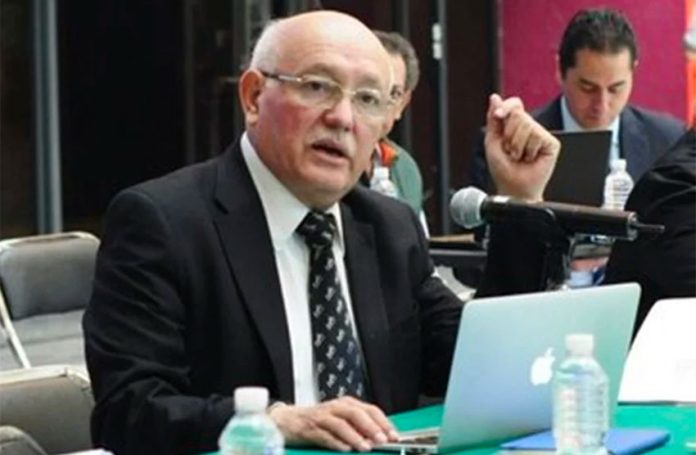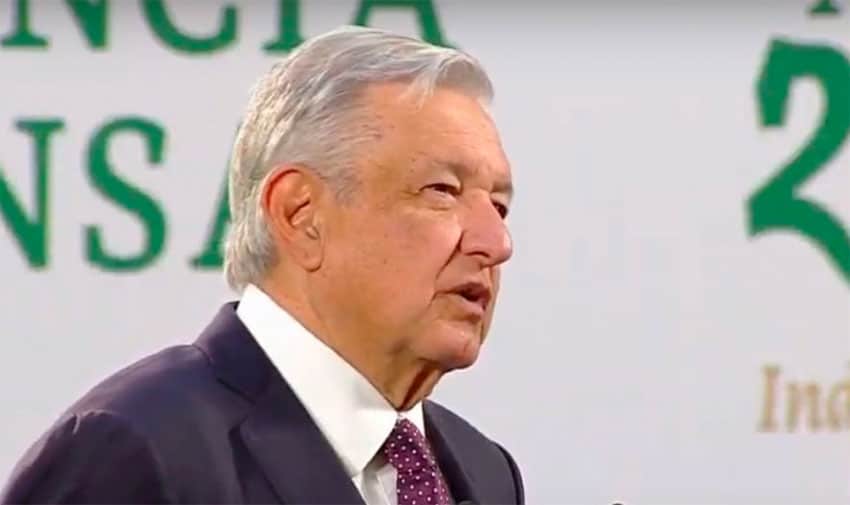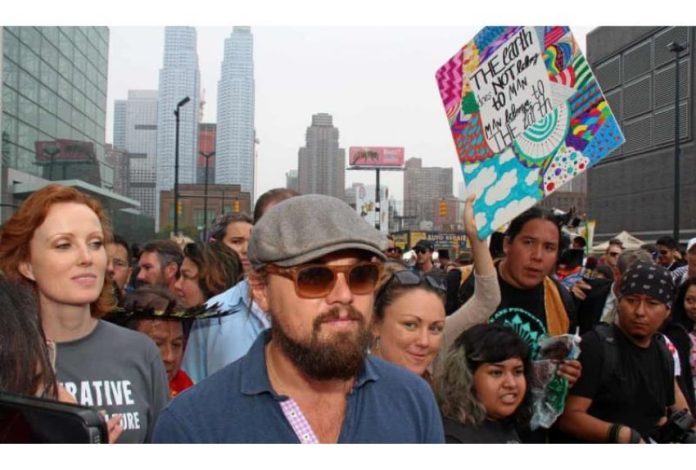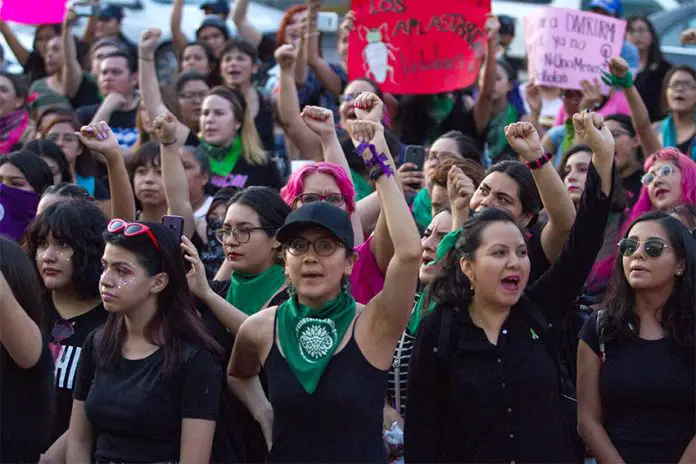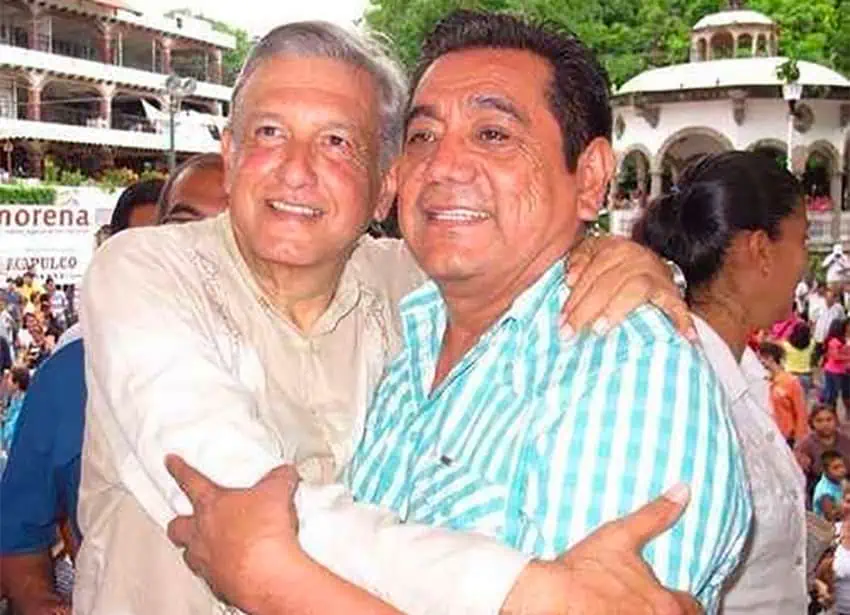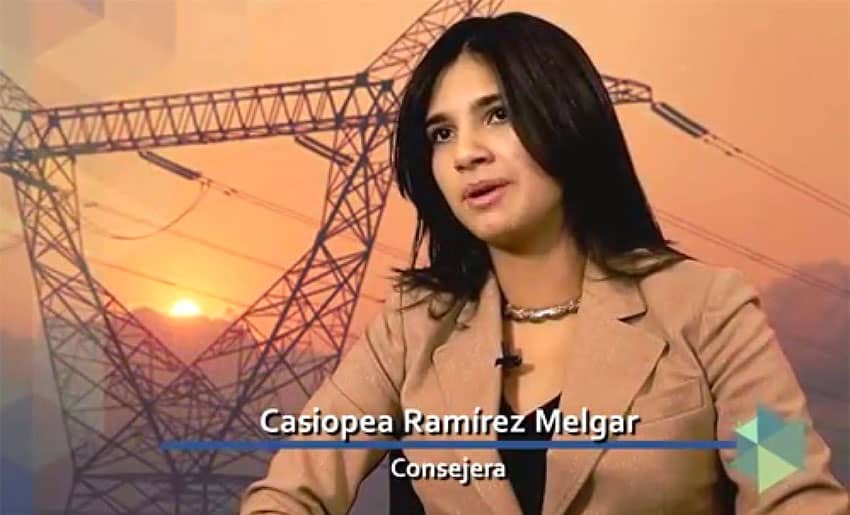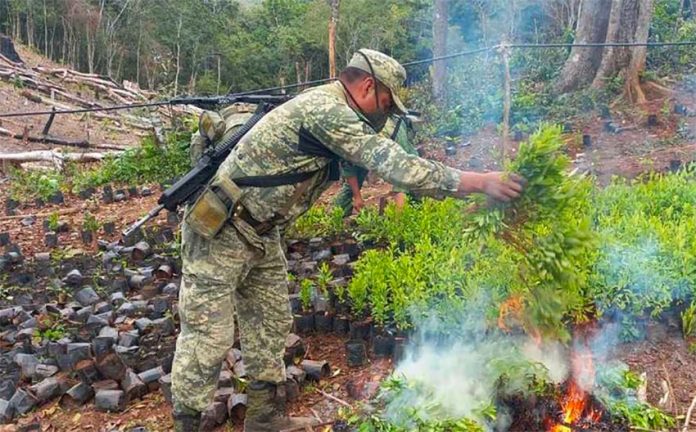After Harvard Business Review christened science as the “sexiest job of the 21st century,” data science stirred the general public’s interest. Many people wondered how to become a scientist. But a Ph.D. requisite and an IQ of around 150 was daunting for the postmodern mind, and so some found solace in faking it.
The disbelief of metanarratives, the triviality of facts, and mass culture have become a de facto axiom. Complexity has been reduced to despotic displays of authority.
Void rhetoric juxtaposes two mutually exclusive world views: one based on facts and mostly reliable representations of these facts, and another that posits a post-factual world full of fake news and disinformation, in which rivaling versions of reality are constantly competing.
I have been involved in impact and sustainability now for a couple of decades. The well-intended yet Sisyphean United Nations Sustainable Development Goals and its environmental, social, and governance (ESG) cousin are at the forefront of my activities to generate as much positive impact as possible.
This postmodern preamble is critical for understanding what is going on these days in the energy ecosystem.
The use of alarming words generates climate panic. Under a scientific rhetoric facade, politicians and movie stars are manipulating the passions of the masses, exaggerating environmental dangers and lying for emotional effect. Even serious scientists engage in this sort of morbid display. Lately, we devote ourselves to destroying what works for something that will hopefully work.
I am an optimist, but to play with humanity’s future for the sake of politically correct ideas should not be our first choice.
In the climate ecosystem, you either agree or you are fired — or worse. This happened to award-winning Princeton University physicist Dr. Will Happer, whom former vice president Al Gore fired for failing to adhere to Gore’s scientific views.
Happer is convinced that the current state of alarm over carbon dioxide is mistaken.
“Over the past 500 million years since the Cambrian [Period], when fossils of multicellular life first became abundant, the levels of carbon dioxide in the atmosphere have been much higher than current levels, about three times higher on average. Life on Earth flourished with these higher levels of carbon dioxide,” he said. “Computer models used to generate frightening scenarios from increasing levels of carbon dioxide have scant credibility.”
Happer, a former director of energy research at the United States Department of Energy from 1990 to 1993, has published over 200 scientific papers and is a fellow of the American Physical Society, the American Association for the Advancement of Science and the National Academy of Sciences. He is part of over 650 (and growing) dissenting international scientists disputing anthropogenic climate fears.
I am not a scientist; I model ESG financial portfolios. Yet, I follow science and understand numbers well. Information such as Happer’s findings is of extreme interest to me.
I also appreciate the virtuosity and simplicity of the Copenhagen Consensus Center’s Bjørn Lomborg and journalist Michael Shellenberger’s narratives for solving humanity’s acute problems. Both are experts in sustainable solutions, the best of the best, in my opinion.
Lomborg’s work uses the cutting-edge research of more than 60 eminent economists, including four Nobel laureates. Shellenberger collaborates with world-class academics, including Ted Nordhaus, coauthor of the book Break Through: From the Death of Environmentalism to the Politics of Possibility and An Ecomodernist Manifesto with Shellenberger.
With different shades of gray, both define clear, pragmatic solutions: progress, more energy not less, and cheaper sustainable options. Long story short, they consider a very imperfect world and the best way to deal with it. According to The Brookings Institute, damaging the world’s economy for the sake of energy transition is not the way to deal with climate change.
As of today, there is no substitute for oil. Throughout history, energy use has progressed from less concentrated forms of energy, such as biomass, to more concentrated forms. Coal, oil and natural gas allowed rapid growth in industrial processes, agriculture and transportation. Human health and welfare improved markedly, and the global population grew from 1 billion in the 19th century to 8 billion today.
The first documented energy transition was from wood and charcoal to coal. Worth mentioning, coal has three times the energy density by weight of dry wood. Energy density is critical in the transportation sector, for example. A vehicle must carry its fuel while it travels, so, clearly, fuel weight and volume are crucial.
Lately, electric vehicles are a praised solution for replacing oil. Pound for pound, gasoline or diesel fuel contains about 40 times as much energy as a state-of-the-art battery. For lightweight vehicles that can often refuel, this penalty is not a big deal. However, for aviation, maritime shipping or long-haul trucking, where the vehicle must carry heavy loads for long distances without refueling, the difference in energy density between fossil fuels and batteries is a deal-breaker for electric vehicles.
An electric car battery weighs 1,000 pounds. Manufacturing one requires digging up, removing, and processing more than 500,000 pounds of materials. Producing one wind turbine requires 900 tons of steel, 2,500 tons of concrete, and 45 tons of plastic. Solar power requires far more cement, steel and glass — not to mention other metals and rare-earth elements — that are not rare but are rarely mined in America.
We are currently in the middle of a very different transition. I call it the postmodern transition, which is the negation of most, if not all, traditional methods that helped advance our civilization but are based on in-group identities, fake news, and the disregard of the poor.
The world is ready for cleaner energy, one that is abundant, clean, cheap and efficient. This is highly desirable for the rich and a life-or-death sentence for the poor. Shouldn’t we help the fossil industry make energy cleaner — way cleaner?
Or else rethinking atomics will probably be the solution.
The writer heads Swiss-based asset manager Point5 Family Office and ESG-LAB, which promotes the use of environmental, social and governance metrics to determine risks and opportunities in the performance of investments and companies. He was named one of the Top 100 People in Finance in 2018 by The Top 100 magazine. He holds Mexican and U.S. citizenship.

